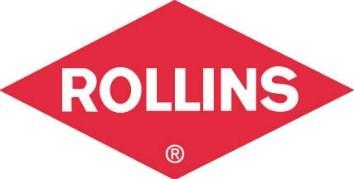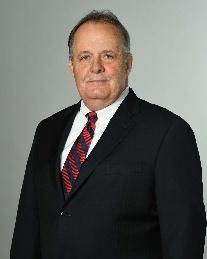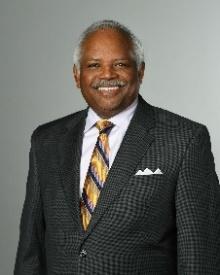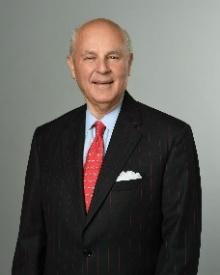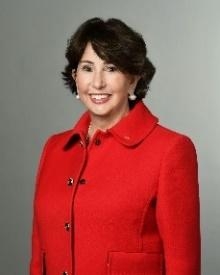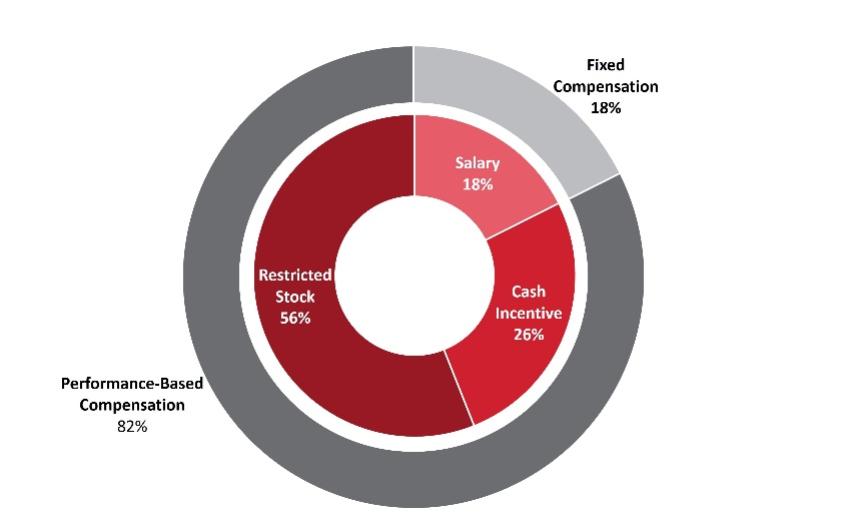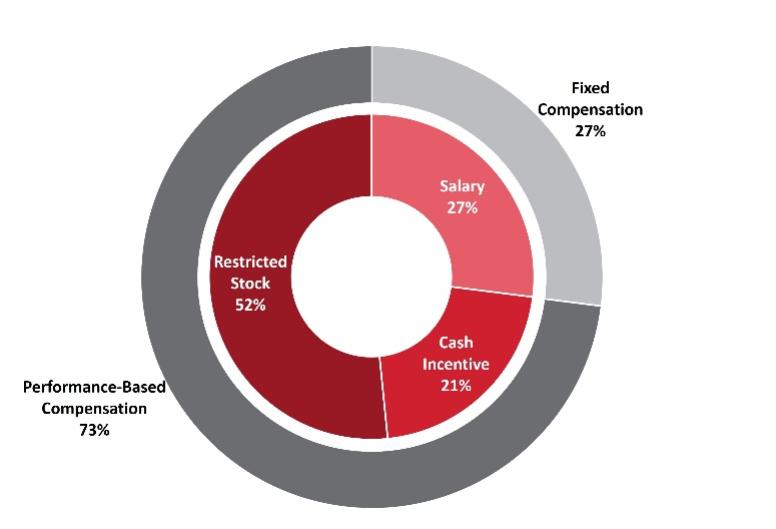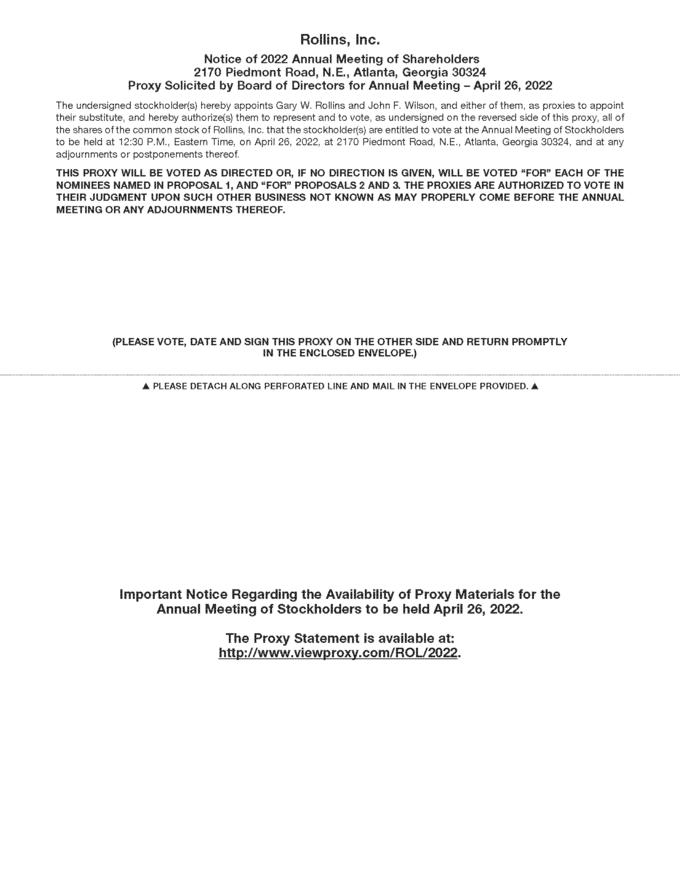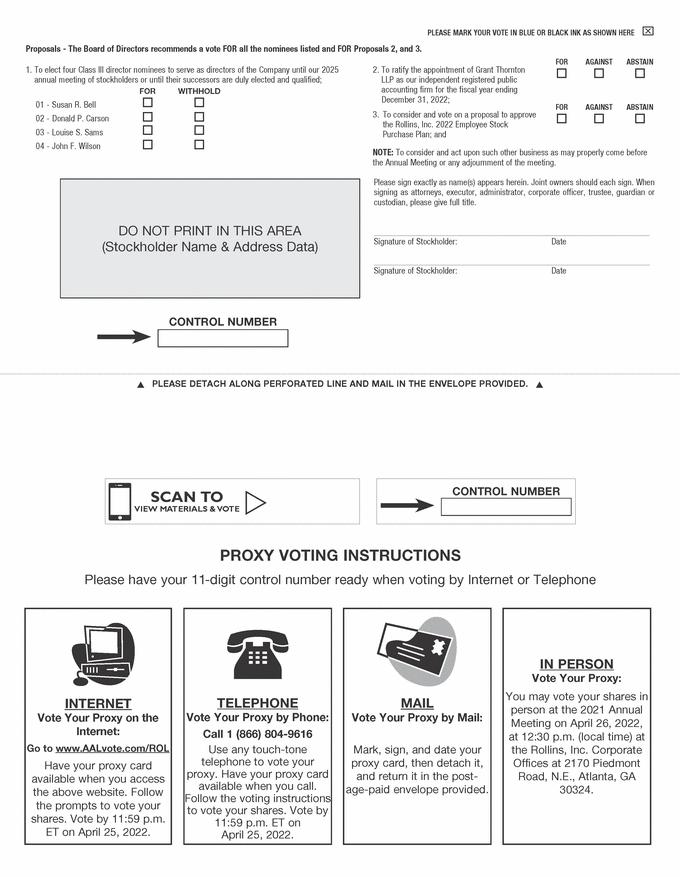STOCKHOLDER PROPOSALS
Appropriate proposals of stockholders intended to be presented at the Company’s 2023 Annual Meeting of the Stockholders must be received by the Company by November 15, 2022 in order to be included, pursuant to Rule 14a-8 promulgated under the Exchange Act in the proxy statement and form of proxy relating to that meeting. With regard to such stockholder proposals, if the date of the next annual meeting of stockholders in 2023 is advanced or delayed more than 30 calendar days from the date of this year’s annual meeting, the Company will, in a timely manner, inform its stockholders of the change and of the date by which such proposals must be received. Stockholders desiring to present business at the 2023 Annual Meeting of Stockholders outside of the stockholder proposal rules of Rule 14a-8 of the Securities Exchange Act of 1934 and instead pursuant to Article Twenty-Seventh of the Company’s Amended and Restated By-Laws must prepare a written notice regarding such proposal addressed to Secretary, Rollins, Inc., 2170 Piedmont Road, N.E., Atlanta, Georgia 30324, which must be delivered to or mailed and received at the aforementioned address no later than January 26, 2023 and no earlier than December 17, 2022. Stockholders should consult the Amended and Restated By-Laws for other specific requirements related to such notice and proposed business.
With respect to stockholder nomination of directors, the Company’s Amended and Restated By-Laws provide that nominations for the election of directors may be made by any stockholder entitled to vote for the election of directors. Nominations must comply with an advance notice procedure which generally requires with respect to nominations for directors for election at an annual meeting, that written notice be addressed to: Secretary, Rollins, Inc., 2170 Piedmont Road, N.E., Atlanta, Georgia 30324, and be received not less than 90 nor more than 130 days prior to the anniversary of the prior year’s annual meeting and set forth, among other requirements specified in the Amended and Restated By-Laws, the name, age, business address and, if known, residence address of the nominee proposed in the notice, the principal occupation or employment of the nominee for the past five years, the nominee’s qualifications, the class or series and number of shares of capital stock of the Company which are owned beneficially or of record by the person and any other information relating to the person that would be required to be disclosed in a proxy statement or other filings. Other specific requirements related to such notice, including required disclosures concerning the stockholder intending to present the nomination, are set forth in the Company’s Amended and Restated By-Laws. Notices of nominations must be received by the Secretary of the Company no later than January 26, 2023 and no earlier than December 17, 2022, with respect to directors to be elected at the 2023 Annual Meeting of Stockholders.
EXPENSES OF SOLICITATION
The Company will bear the solicitation cost of proxies. Upon request, the Company will reimburse brokers, dealers and banks, or their nominees, for reasonable expenses incurred in forwarding copies of the proxy materials to their beneficial stockholders of record. Proxies also may be solicited in person or by telephone, facsimile or other means by our directors, officers and regular employees. These individuals will receive no additional compensation for these services. The Company has retained Georgeson, LLC to provide proxy solicitation services for a fee of $8,500 plus reasonable out of pocket expenses.
ANNUAL REPORT
Our Annual Report for the year ended December 31, 2021 is being provided to you with this Proxy Statement. The Annual Report includes our 2021 Form 10-K (without exhibits). The Annual Report is not considered proxy-soliciting material.
FORM 10-K
On written request of any record or beneficial stockholder, we will provide, free of charge, a copy of our 2021 Annual Report, which includes the consolidated financial statements. Requests should be made in writing and addressed to: Julie Bimmerman, Senior Vice President, Interim Chief Financial Officer and Treasurer, Rollins, Inc., 2170 Piedmont Road, N.E., Atlanta, Georgia 30324. We will charge reasonable out-of-pocket expenses for the reproduction of exhibits to our 2021 Form 10-K should a stockholder request copies of such exhibits.
